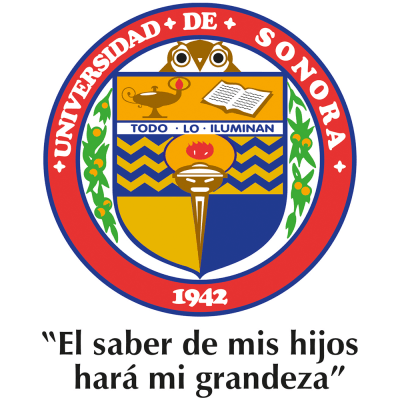
Doctorate in Nanotechnology
Universidad de Sonora

Key Information
Campus location
Hermosillo, Mexico
Languages
Spanish
Study format
On-Campus
Duration
4 years
Pace
Full time
Tuition fees
MXN 10,478 *
Application deadline
Request info
Earliest start date
Request info
* Tuition by subject for foreigners, average less than 80. [80, 85) $ 5,240. [85, 90) $ 2,620. 90 or more Exempt payment. Registration: $ 1,773.
Scholarships
Explore scholarship opportunities to help fund your studies
Introduction
Name of the program: Doctorate in Nanotechnology
Key DGP: 520619
Normal period to graduate: 8 semesters
Credits: 218
Degree that confers: Doctor in Nanotechnology
Campus where it is offered: Hermosillo
Program description
goals
The curriculum offers its graduates a high level academic education characterized by five central dimensions:
- To develop a multidisciplinary excellence training in the vast field of Nanotechnology and Materials Science and Engineering, which includes the basic studies of the subject, its intimate structure, its atomic configuration, physical, chemical, physicochemical and biophysical properties.
- To generate in the students a deep level of competence in the domain of the diverse analytical, experimental and computational methodologies, for the processing, synthesis and characterization of the nanostructured materials.
- Develop and enrich a training of teaching skills at the level of higher education and postgraduate.
- Link the training of its graduates to the development needs of the productive sector; Y
- To develop researchers of excellence and ethics, with a high level of originality, independence and scientific methodology.
More reports
Dr. Mario Enrique Alvarez Ramos
Program coordinator
Building 3F (Ground Floor), Blvd. Luis Encinas J. y Rosales S / N, Col. Centro, CP 83000. Hermosillo, Sonora.